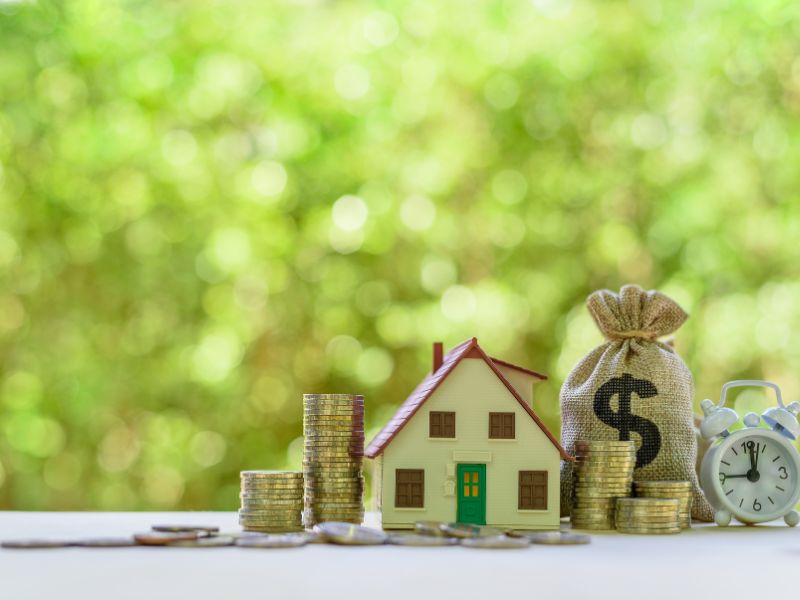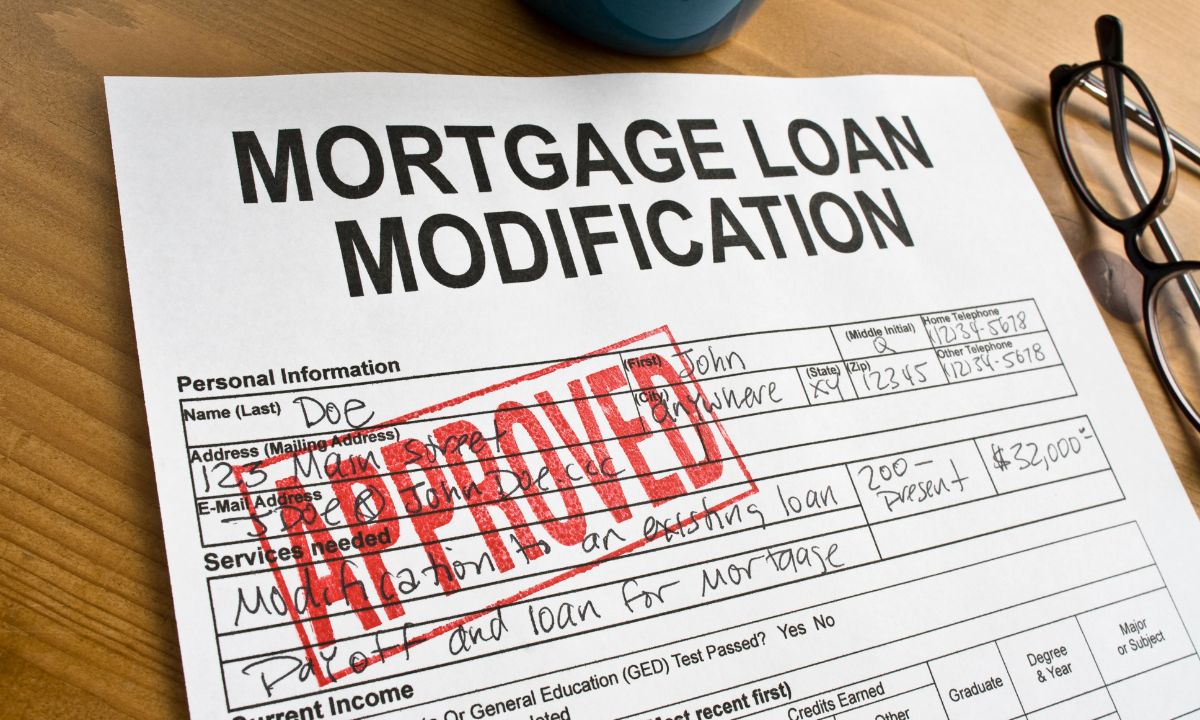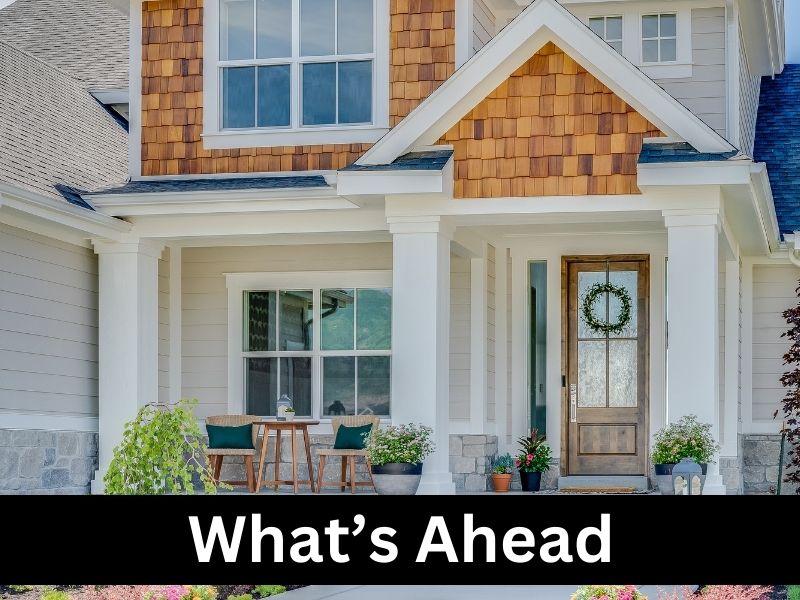
At Wednesday’s meeting, the Federal Open Market Committee (FOMC) is widely expected to maintain the current federal funds rate target range of 5.25% to 5.50%. This decision comes amidst conflicting economic signals. Tailing that, there is the Chicago PMI, Non-farm Payrolls, and the full release of the Consumer Confidence report. All of these are expected to match current economic conditions.
The prior week’s GDP numbers also factor into the equation, informing that economic growth has slowed this year compared to the previous year for Quarter 1. The PCE Index, the Federal Reserve’s preferred choice of inflation indicators, has shown inflation is within expectations but the whole picture is clear.
PCI Index
Prices in the U.S. jumped again in March based on the Federal Reserve’s preferred PCE index, signaling that progress on reducing inflation has stalled. The PCE index rose 0.3% last month, the government said Friday. Economists polled by The Wall Street Journal had forecast a 0.3% gain.
GDP
Treasury Secretary Janet Yellen said Thursday that the U.S. economy is “firing on all cylinders” even as the GDP report showed economic growth coming in well below economists expectations.
Primary Mortgage Market Survey Index
• 15-Yr FRM rates are seeing an increase by 0.05% with the current rate at 6.44%
• 30-Yr FRM rates are seeing an increase by 0.07% with the current rate at 7.17%
MND Rate Index
• 30-Yr FHA rates are seeing a 0.03% increase for this week. Current rates at 6.95%
• 30-Yr VA rates are seeing a 0.02% increase for this week. Current rates at 6.96%
Jobless Claims
Initial Claims were reported to be 207,000 compared to the expected claims of 215,000. The prior week landed at 212,000.
What’s Ahead
Prior to the most recent data reports, there was high optimism that the Federal Reserve would cut rates this Wednesday. With a clear picture with data to back it up, those initial expectations have tempered significantly.
 Divorce or separation is a challenging time, and amidst the emotional and logistical complexities, handling mortgage issues can add another layer of stress. For many couples, their home represents not just a financial investment but a symbol of stability and security. However, when relationships break down, decisions about homeownership become crucial. Here is some guidance on how to navigate mortgages during a divorce or separation.
Divorce or separation is a challenging time, and amidst the emotional and logistical complexities, handling mortgage issues can add another layer of stress. For many couples, their home represents not just a financial investment but a symbol of stability and security. However, when relationships break down, decisions about homeownership become crucial. Here is some guidance on how to navigate mortgages during a divorce or separation. Welcome to our consumer blog, where we delve into the finer details of real estate and homeownership. Today, we’re exploring the enticing realm of gated communities and why they might just be the perfect fit for your next home purchase.
Welcome to our consumer blog, where we delve into the finer details of real estate and homeownership. Today, we’re exploring the enticing realm of gated communities and why they might just be the perfect fit for your next home purchase. When it comes to purchasing Real Estate, the traditional financing options may not always be the perfect fit for every aspiring homeowner. Fortunately, a range of alternative financing options exists, offering innovative solutions that cater to diverse financial circumstances. Here are some creative financing avenues that empower homebuyers to achieve their dream of homeownership: rent-to-own, lease-purchase agreements, and shared equity arrangements.
When it comes to purchasing Real Estate, the traditional financing options may not always be the perfect fit for every aspiring homeowner. Fortunately, a range of alternative financing options exists, offering innovative solutions that cater to diverse financial circumstances. Here are some creative financing avenues that empower homebuyers to achieve their dream of homeownership: rent-to-own, lease-purchase agreements, and shared equity arrangements. In times of financial hardship, such as job loss, medical emergencies, or economic downturns, homeowners may find it challenging to keep up with their mortgage payments. When facing such difficulties, understanding options like mortgage forbearance and loan modification can be crucial for maintaining stability and avoiding foreclosure. Let’s discuss what homeowners need to know about mortgage forbearance and loan modification, including their differences, implications, and how to navigate these options effectively.
In times of financial hardship, such as job loss, medical emergencies, or economic downturns, homeowners may find it challenging to keep up with their mortgage payments. When facing such difficulties, understanding options like mortgage forbearance and loan modification can be crucial for maintaining stability and avoiding foreclosure. Let’s discuss what homeowners need to know about mortgage forbearance and loan modification, including their differences, implications, and how to navigate these options effectively.